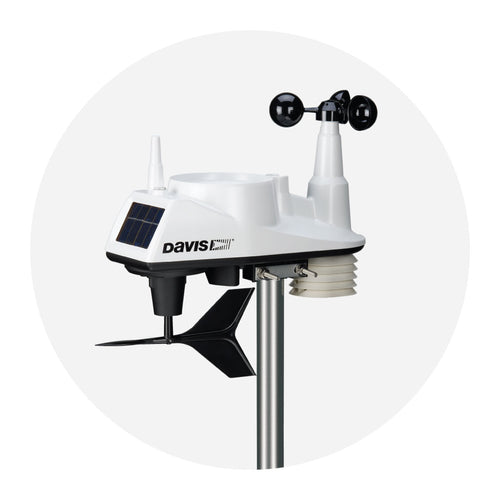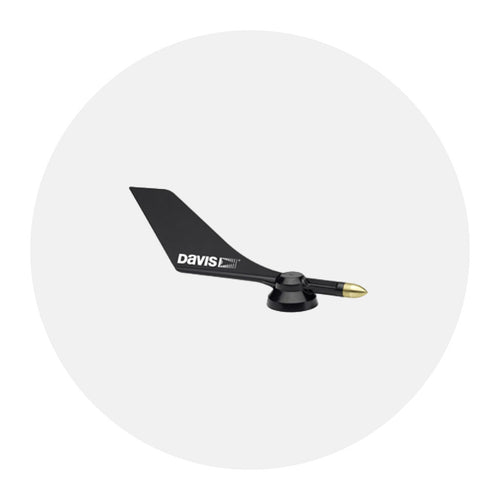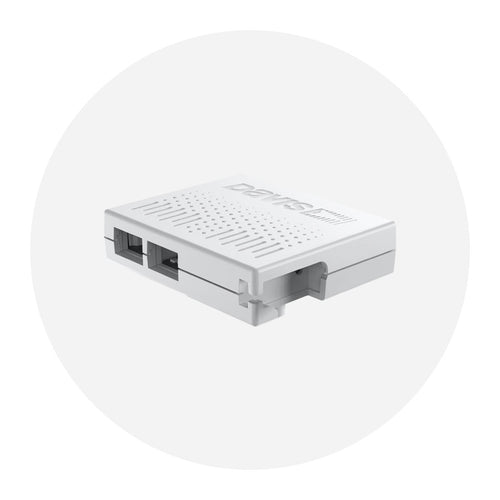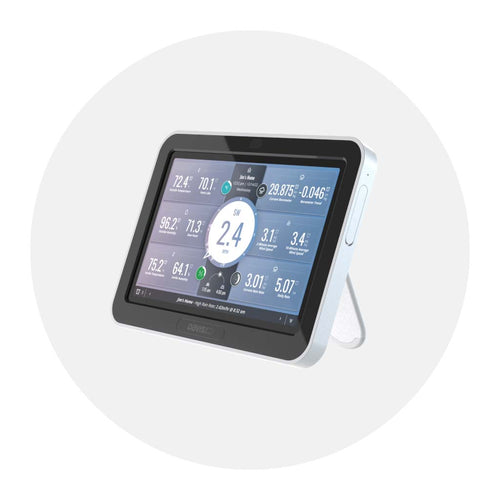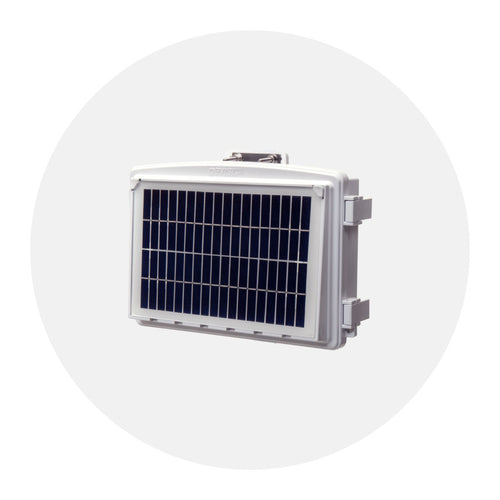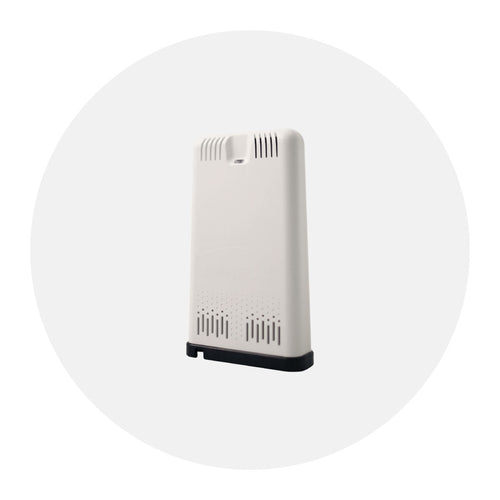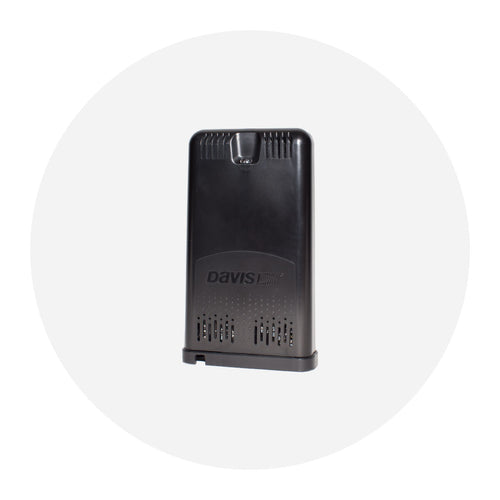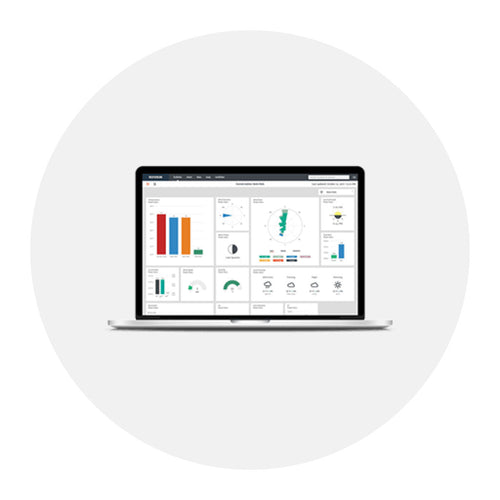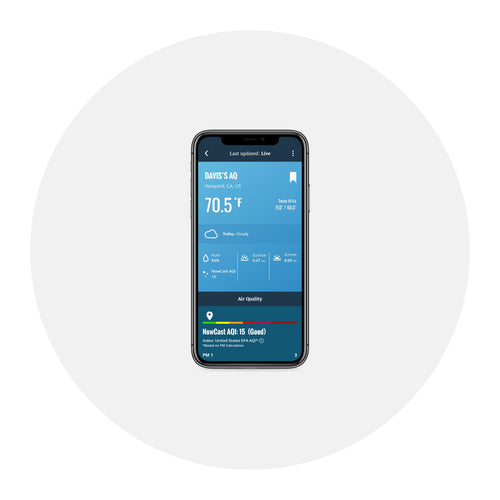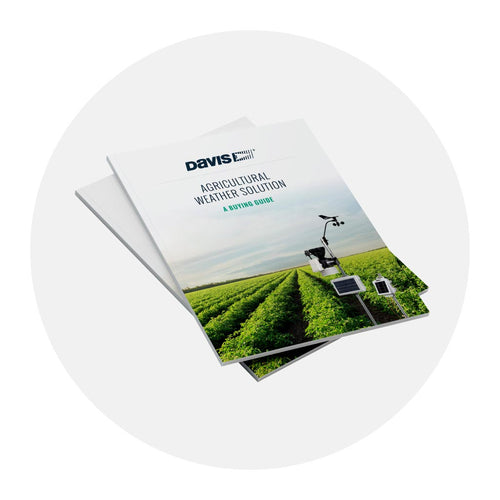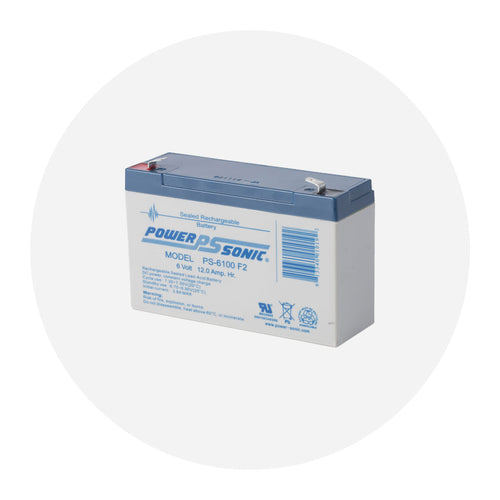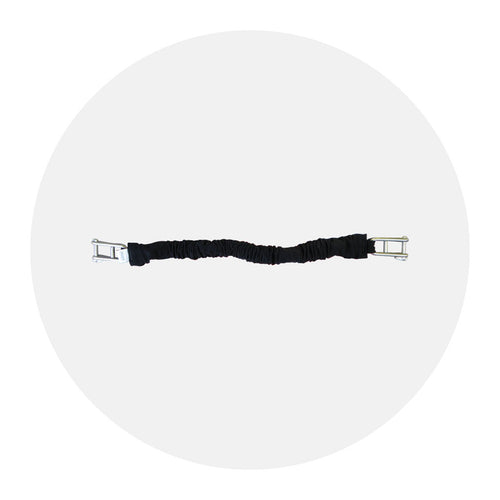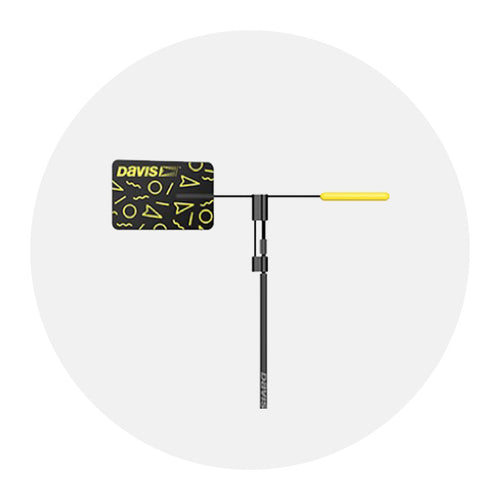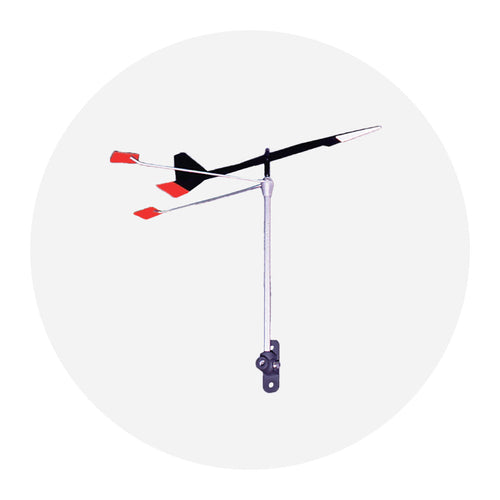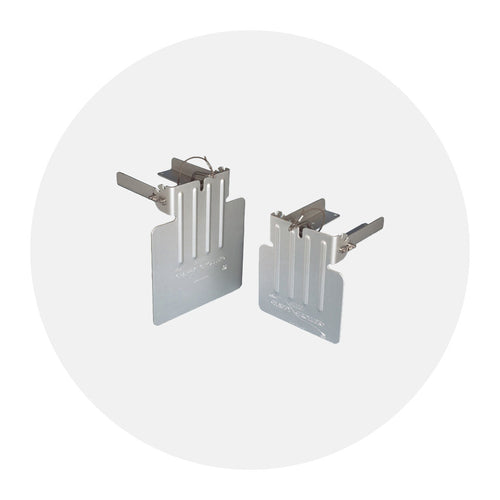
Your Davis Station “Saw” the Tonga Volcano Shockwaves
During the first month of this new year, the world was hit with a powerful reminder that natural events that happen on your part of the planet, also happen on mine.
When the Hunga-Tonga-Hunga-Ha'apai volcano near Tonga erupted, people in Tonga were showered with ash and cut off from the rest of the world. Homes were destroyed and lives were lost. But moments later, two people in Peru over 6,500 miles away, drowned in the tsunami created by the eruption. Boats in Santa Cruz, California and Tutokara, New Zealand were damaged; water rushed ashore in San Francisco and Japan.
And in Seattle, the dense fog was temporarily blown away by an event that happened almost 6,000 miles away. Along with ocean waves, the eruption send out shockwaves of pressure that rippled through the atmosphere like a pebble thrown into a still pond.
You might not have felt the amazing shockwaves that traveled, almost at the speed of sound, to your house, but your Vantage Pro2, Vantage Vue, or WeatherLink Live did: your barometer “felt” them, loud and clear.
If you upload to WeatherLink.com and have a Pro subscription, you can probably see them by graphing the barometric pressure during the period after the eruption. (Figuring out the time can be tricky. The eruption was around 0400 GMT, 1/15/22. The shockwave traveled at about 680 mph. You'll have to adjust your time to GMT and account for travel time.) Look for an uptick and fall of one, two, or even three shockwaves as they radiated outward from the eruption.

These graphs are from a Vantage Pro2 in western Washington State.
Since the event, we’ve been seeing dozens of graphs posted to our Facebook page. As the people of Tonga begin to assess the damage and dig out of the ashes, we are reminded, once again, that Earth is a not a conglomeration of separate continents and countries, but one world, with this one atmosphere.
In the face of escalating environmental risks, AEM is the essential source for insights on weather, climate, lightning, floods, wildfires, water management, and more.
Learn more about AEM and all of our solutions here.


